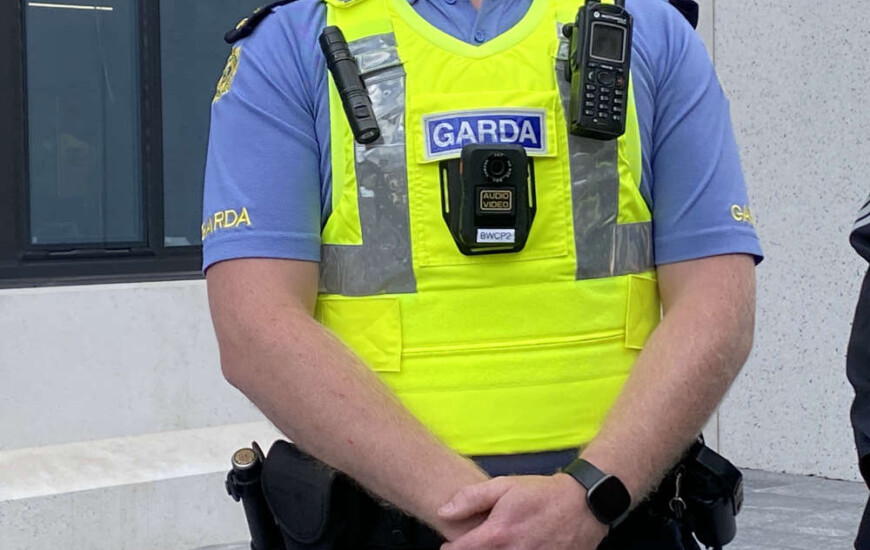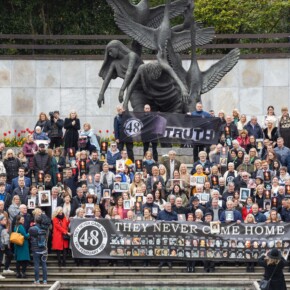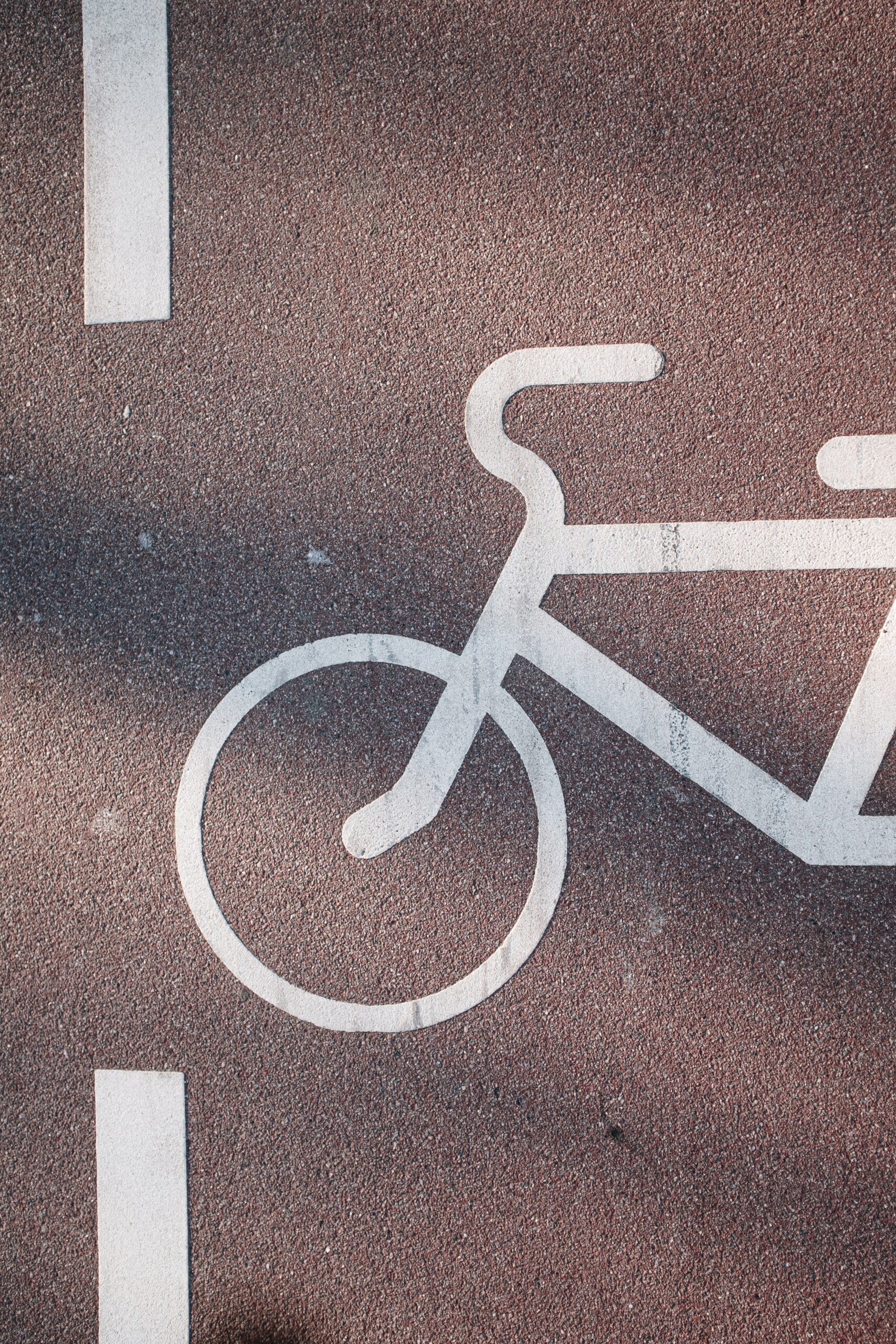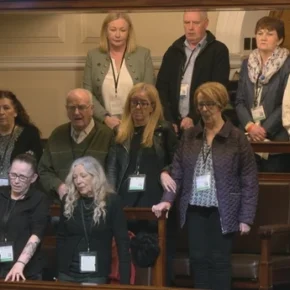Gardaí to deploy body cams from next year
Mike Finnerty 29 Nov 2023
Gardaí will begin to deploy body cameras from the middle of next year.
In addition, frontline gardaí will be issued with stronger defensive sprays and tasers.
The news was announced by under pressure Garda Commissioner Drew Harris, who will address an Oireachtas Committee on Justice this afternoon.
He said that the Gardaí has sought changes to legislation to allow gardaí access to audio from CCTV recordings.
Minister for Justice Helen McEntee has agreed to his request to fast-track facial and object identification technology for certain crimes, including serious public order incidents.
Commissioner Harris says the changes will “speed up” the current manual review of CCTV material.
An Garda Síochána says they are combing through “thousands of hours” of CCTV gathered during the investigation into the riots to another jurisdiction, and are looking to use facial recognition technology (FRT) in their investigation.
They claim using the CCTV footage will enable them to identify suspects for looting, rioting and violent assaults.
The Irish Civil Liberties Union are likely to object to the body cam plan or the usage of facial recognition technology, saying in September that while they object to the technology being used on principle, they have significant concerns about how they are used.
Speaking at the time, Liam Herrick, executive director with ICCL, said “bodyworn cameras are a new form of surveillance technology to be introduced in Ireland and they directly impact on people’s privacy rights and other key civil liberties such as freedom of assembly.”
“We need to be very careful in how they are introduced and ensure that adequate safeguards are put in place to protect people’s fundamental rights.”
Green Party TD Patrick Costello raised concerns about the technology in the Dáil in February, saying “any time we give new powers to the Garda, we must be sensitive, have a debate and ensure there are checks and balances so that the powers we give strike the right balance between the right of the community at large to be safe and the rights of the individual citizen.”
“I am gravely concerned because facial recognition technology does not work. It is filled with race, age and gender biases,” he said.
“If we are introducing facial recognition technology with the hope of streamlining Garda work and making it easier for gardaí to catch and prosecute criminals, then swamping them with a load of false negatives of innocent people who have been caught up in the dragnet of facial recognition technology or mass surveillance will just overwhelm our already overburdened courts and our already overburdened gardaí.”
“The question must be asked whether the introduction of facial recognition technology would be in line with the fundamental freedoms of the EU citizens that the European Union promises,” he said at the time.
Commissioner Harris is expected to tell the committee that the riots that took place on November 23rd were the work of a minority who “corrupted the suffering of others”, namely the victims of the stabbing attack, “in an attempt to further their narrow-minded and vicious agenda”.
He will say that more public order gardaí will be trained to help deal with similar events should they happen in the future, in addition to the 1,000 gardaí deployed to Dublin over the Christmas period.











